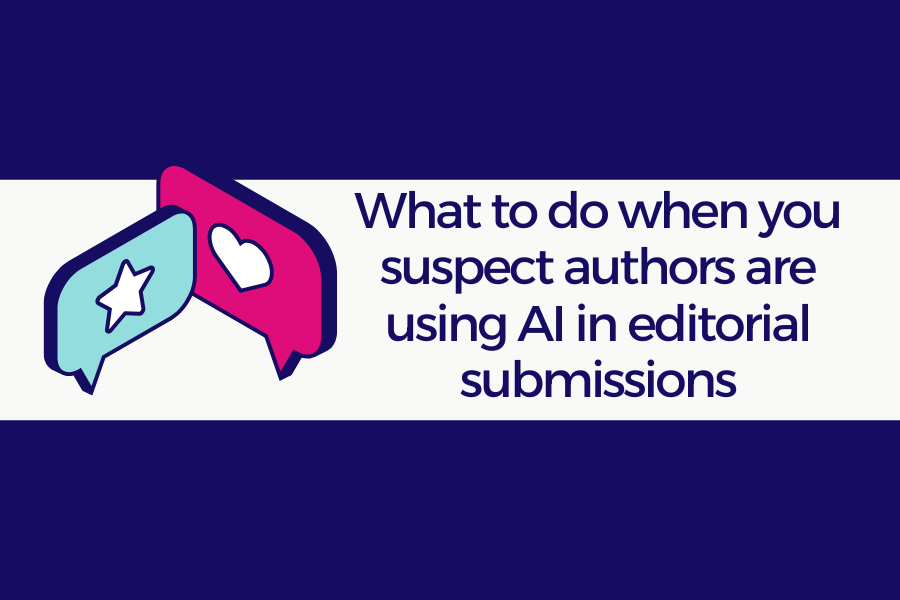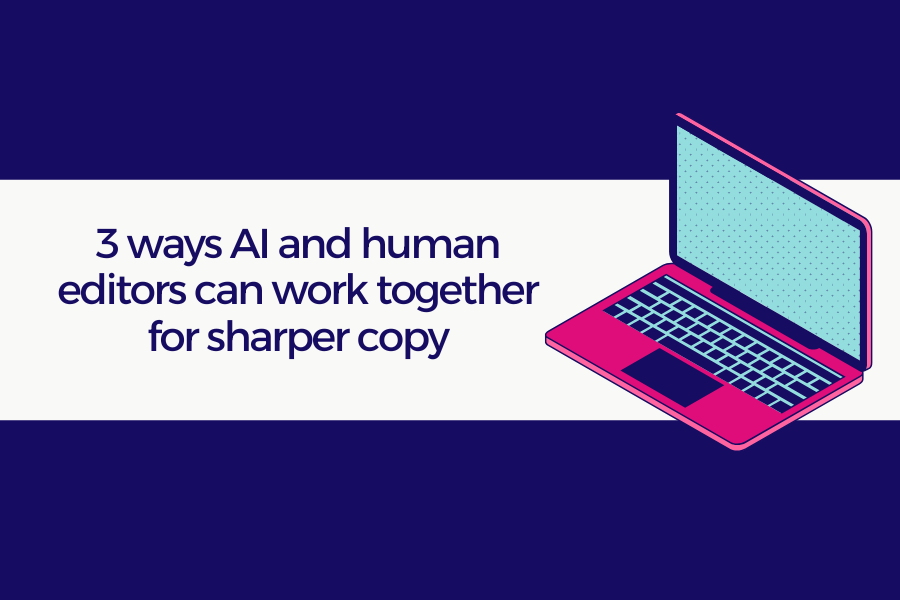What it really means to be a 'professional' proofreader

‘What if you miss something?’
I was asked recently by a potential new client enquiring about Ultimate Proof’s proofreading
service.
It’s not an unusual question for a client to ask of the person they are paying to check their text for accuracy; however, as a freelance proofreader, it is an important point to cover from the outset.
In an ideal world, a qualified and experienced proofreader would pick up every minute error – polishing the text to such a degree that it is perfect. Certainly, that is the standard we aim for with each job we do. However, there are times when this might not happen, such as when the deadline is very tight (too much to check, too little time), or the text needs to be edited rather than proofread, and a proofreading error is missed as the paid time has been spent sorting out the content.
I’m a perfectionist (a handy thing to be in this game!), so to even whisper ‘missed a typo’ makes me shudder. I run a managed team of exceptionally sharp proofreaders and have used the services of a number of experienced freelancers over the years – all
of whom have missed the odd thing, or more
, in some cases. I quickly realised that proofreaders weren't perfect, and needed to somehow get that across to my clients without putting them off!
Some years ago, I pointed out to one of my now-regular proofreaders that I’d noticed a few errors she’d missed (I check every job before it goes back to the client). The line didn’t go dead nor was I faced with a rant about how much time she’d spent on it. Instead, I received a succinct and professionally apologetic response offering to revisit the text immediately or give a discount on the fee. I noted the gesture and felt like a valued client to my freelancer, who clearly wanted to keep working with me and had learnt from the oversight.
Yet, on another occasion, I was dissatisfied with a new proofreader’s work on a small job, so I sent an email explaining that it wasn’t up to our standard and that I couldn’t see me offering them more work. I didn’t get a response to ask why, or to see how it could have been done differently, I was simply asked to pay the invoice. I paid, despite having to re-proof the job myself, but I know that many of my clients wouldn’t have paid me if I’d done the same. If it's not good enough for me, it's not good enough for them.
Some clients are cautious about entrusting their text to an external supplier. Even though I'm an experienced proofreader, they may still have a nagging doubt in their mind that I might mess up on the deadline, write something that I shouldn’t, or miss a fundamental error. I do my best to reassure them. Using Track Changes in Word for example, so that the client can check what we’ve amended. Delivering ahead of deadline with a clear log of errors and queries.
Yet, pedantic (and 'perfect') as we are, proofreaders are still open to a degree of ‘human error’. Over 12 years in business, I have developed a number of additional ‘safeguards’ to minimise the margin:
Clear quotations:
with every enquiry, I email a quotation that outlines exactly what has been asked, what we will do, when we will do it by and what the price will be. This way, the client can ask if they need us to do more, or if they have any specific requests.
Terms of business:
every company has them, no one reads them (except us!), but we ensure all clients are aware of our terms before we start work. Our terms confirm the contractual obligations on both sides of the order.
Service standards:
this is an expansion of the quality assurance aspect in our terms. We like to start every relationship being open about what clients can expect from our service.
More than one proofreader:
some large or high-profile jobs need more than one freelancer, so we offer two or three proofreaders to look at the same file, or different proofreaders to check different stages of the proof, or the files split across the team to cover more in less time. Most jobs don’t require this level of cover, but it’s there if our clients want it.
Writing about missing errors may seem an odd approach from a company that specialises in proofreading; however, it's thanks to my attention to this area that we have such a good reputation. Having worked client side in the past, I have numerous experiences of suppliers missing things (a design layout error, or an unchecked printer's proof) and what always worked best was an honest and open dialogue, and a quick and satisfactory resolution to the problem.
Thankfully, most clients are reasonable about their expectations of a proofreader, and anyone who works for me knows how 'fussy' I am! So, as well as doing a brilliant job, I feel it is our customer service – demonstrating we deal with things professionally – that sets us apart from the competition and has seen our clients return time and again.





